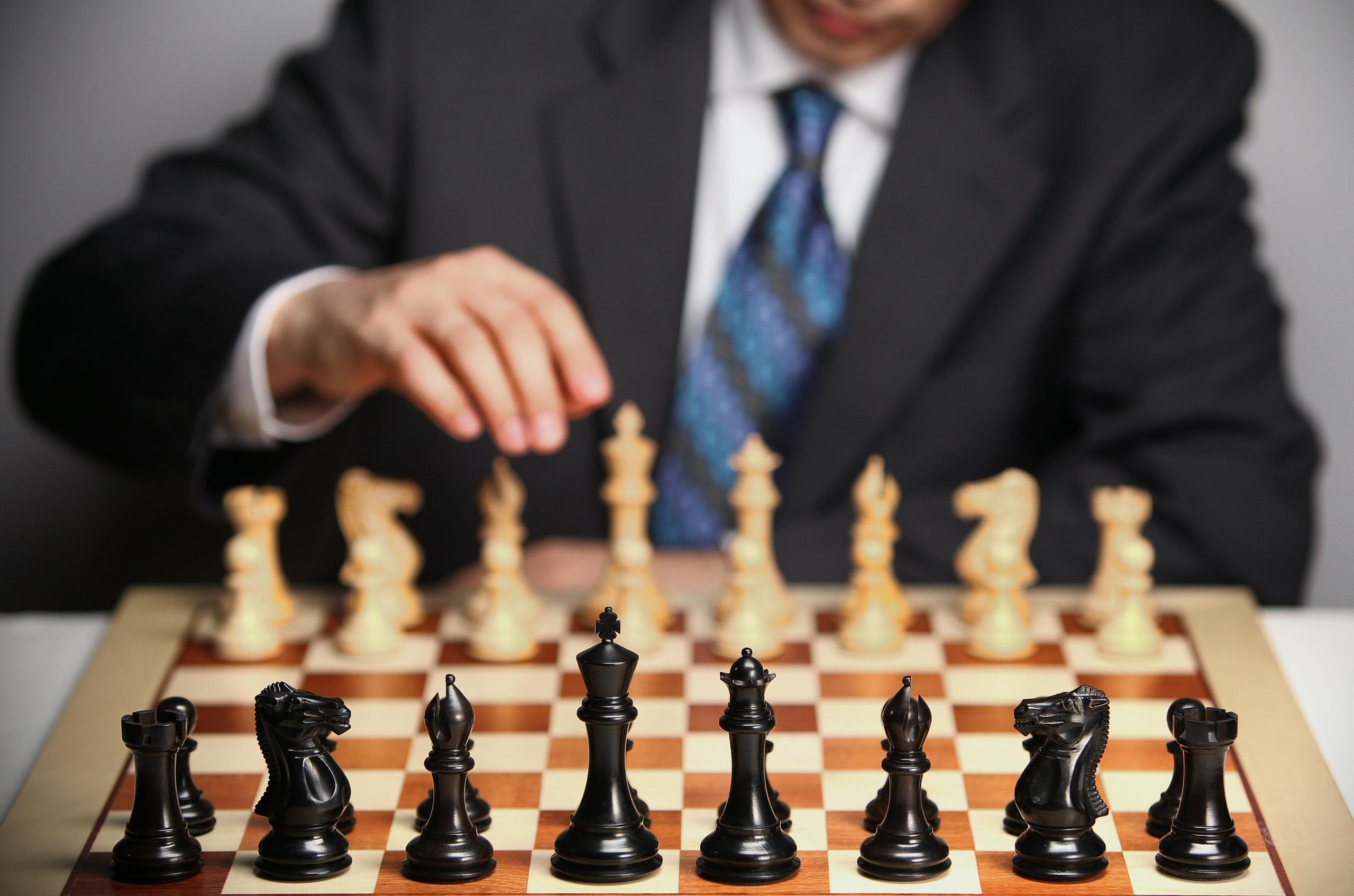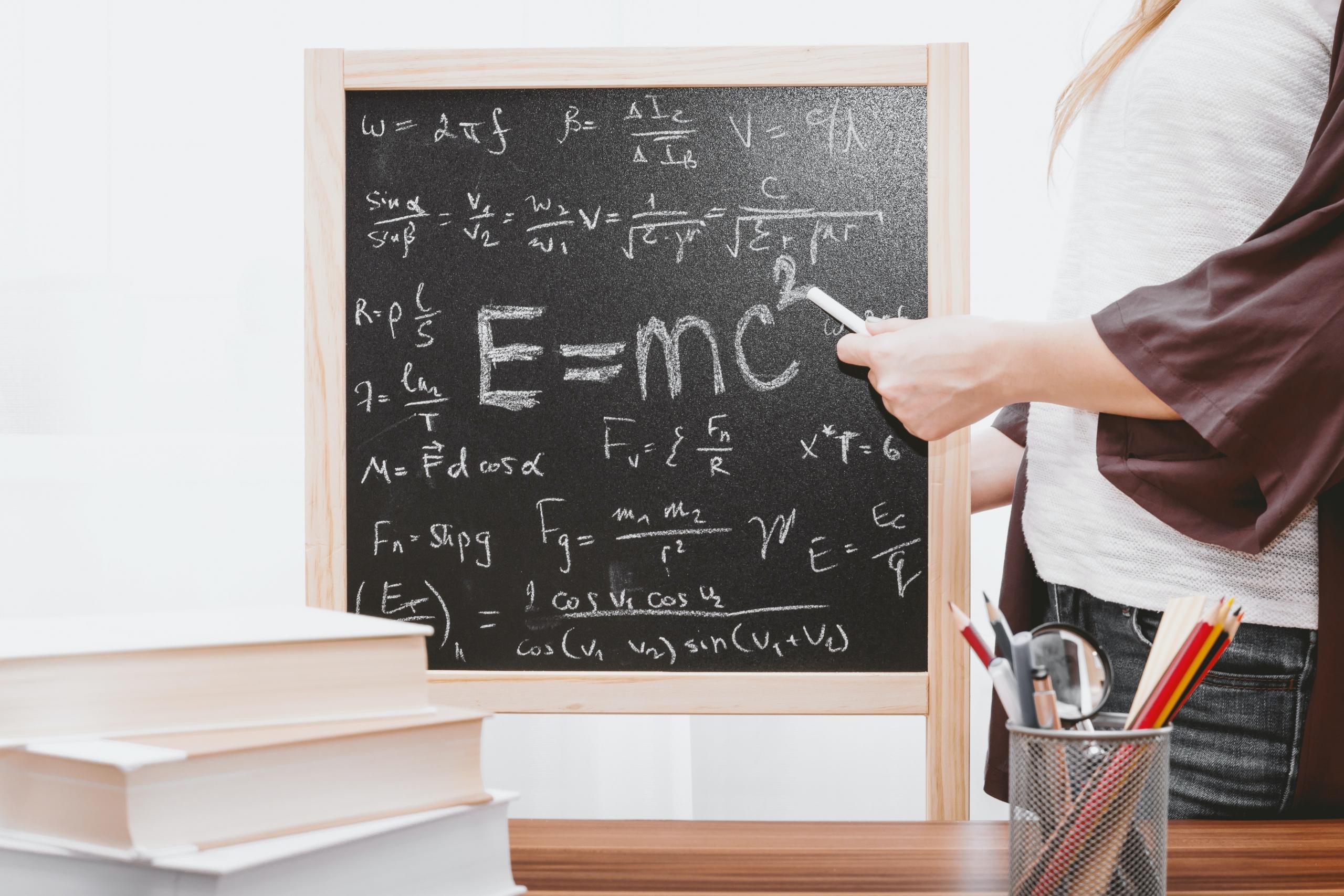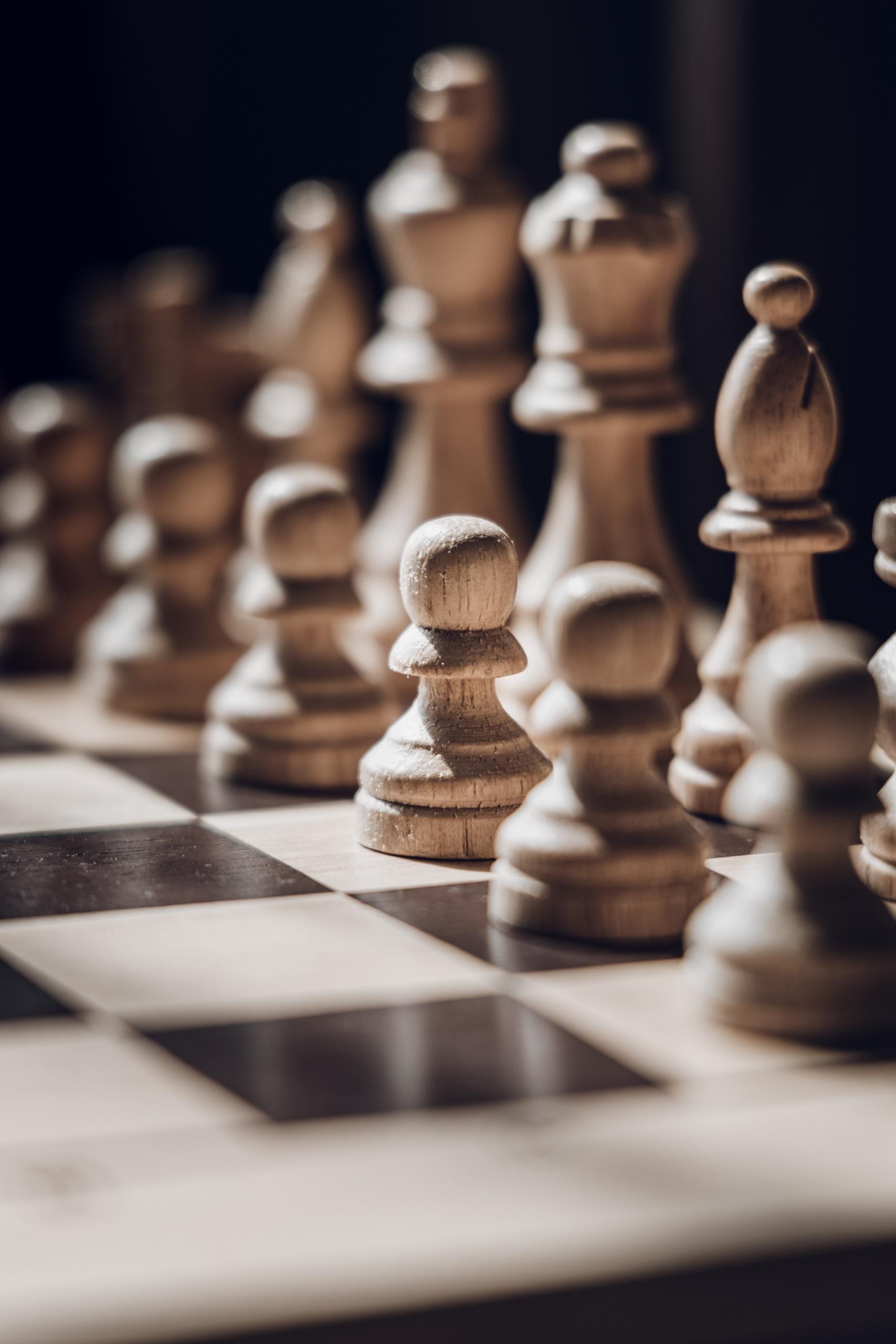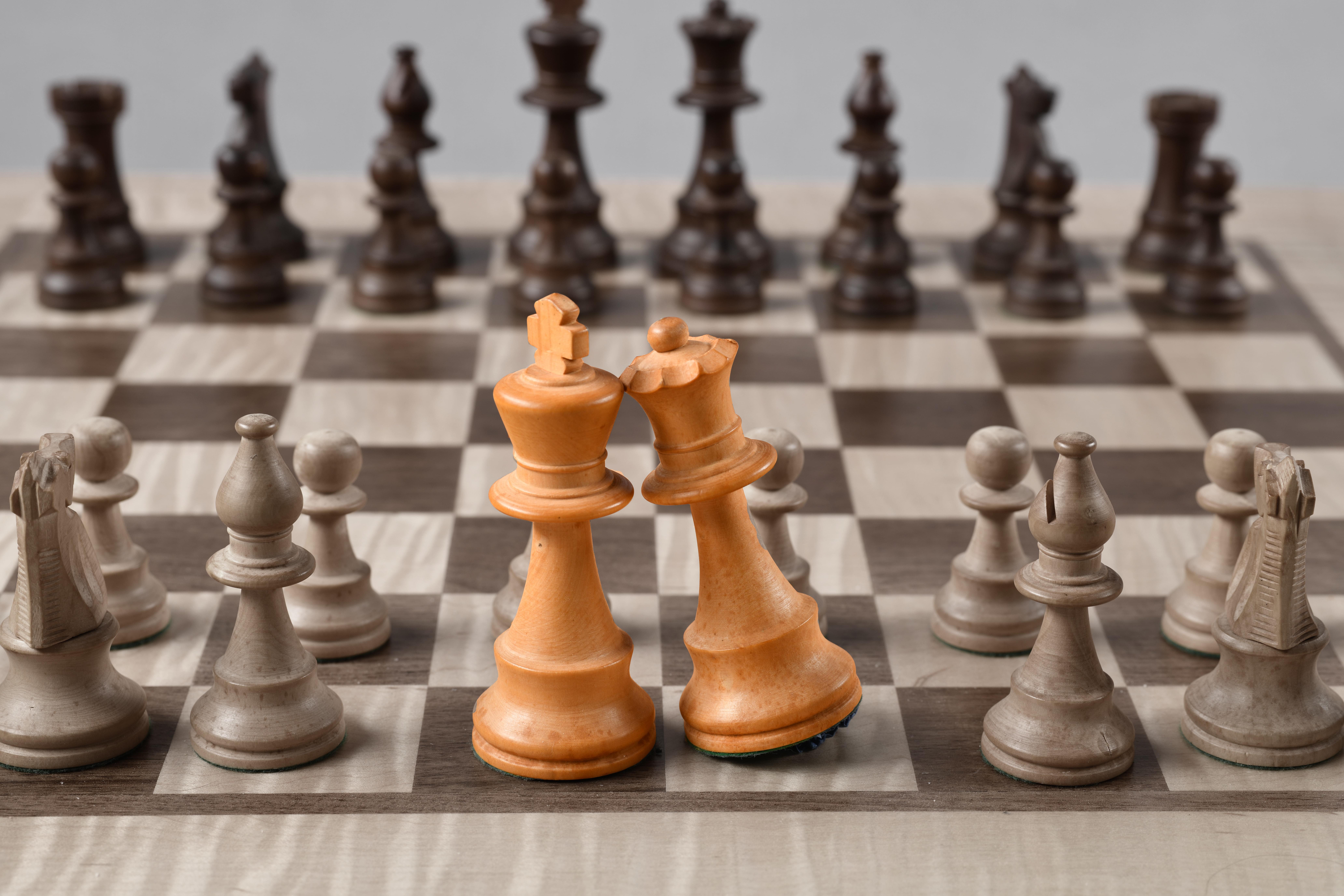"Chess combines the beauty of mathematical structure with the recreational delights of a competitive game." -Martin Gardner
Several widely recognised and wildly popular board games have attracted millions of players worldwide. However, it is essential to state that one game seems to always be at the top. Which game is that? No matter the age, nationality, culture, religion, or language, the game of chess has stolen the hearts of people from all corners of the planet. Chess is a game that can easily be played professionally against a fierce opponent or alone to practice your skills. Also, it's worth stating that chess has so many different moves and strategies to be grasped that a person can spend their entire life honing their game. Also, since we live in the digital age and everything is online, chess can be played virtually against another competitor or the computer on very well-reviewed websites. However, it's important to state that since chess has a lot to do with logical thinking and strategy, many people believe it is necessary to be at mathematics. Is that the case? If so, are there any similarities between maths and chess? Read this article to find out more!

Do You Have to Be Good at Maths to Play Chess?

A lot of Grand Masters became better by memorisation and playing regularly and not through their maths skills.
The bottom line is that casual players of chess do not have to fret that if they aren't good in mathematics, they won't play regular games with friends. However, most experienced chess players claim that knowing maths will make an average beginner more impressive and ready to battle it against seasoned chess veterans since there are many similarities. Such as? Keep on reading to learn about the similarities between chess and maths!
The Similarities Between Maths and Chess

- Concentration,
- Planning,
- Learning From Your Mistakes,
- Self-Control,
- Problem-Solving Skills,
- Logical Thinking.
All of the previously mentioned aspects are used not only when solving mathematics but also when playing chess. Additionally, many mathematical values are noticed while playing chess, for example, the relative importance of pieces, active pieces, central squares, changing values of the pieces depending on their movements, related squares that rely on each piece, and endgames. From the beginning to the end of the match, a chess game can be seen as a complex mathematical equation. The logic needed and the amount of control required to win a game are just a few of the maths aspects observed in chess. Also, thanks to the brilliant research conducted by Pepe Cuenca from the St. Louis Public Radio, practitioners of chess can see that the relationship between chess and mathematics can be observed in the following ways:
- Correlation and seeing which piece needs to be sacrificed at a given moment,
- A development of memorisation and recognition abilities,
- Demands constant calculation from the beginning to the end,
- Introduces the student or the practitioner to geometric concepts such as files, rows, and diagonals,
- Spatial reasoning skills are honed by players,
- The ability to think beyond the situation in front of you and anticipate future moves and plays.
It's important to state that although chess uses mathematics, maths equations and problems do not utilise chess in the slightest. Also, beginners of chess should focus on the facts that playing chess successfully depends a lot on creativity, circumspection, and probability, all used when solving maths problems or thinking logically. If you're struggling with maths, the analytical skills learned playing chess will help make working through mathematics more plausible. Are there any noteworthy differences between maths and chess? Absolutely. Keep on reading to find out what they are!
Highlighting Some Differences Between Maths and Chess
While there are many similarities between chess and maths, there are also some differences that players should be aware of from the start. Such as? The following are a few ways that maths are different from chess:
- Maths are Unlimited; Chess is Not: a person can study maths about everything and never arrive at a final result; however, though chess is an extensive game, at one point, the end is found, and you cannot play anymore.
- The Point of Chess is to Win: mathematics aims to solve a problem or theory; however, chess players do not want to uncover new moves and techniques while playing, but they want to best their opponent.
- The Rules of Chess are Clear: unlike chess, the rules of maths are unclear, with no absolute truths or regulations. Nonetheless, chess rules were created by humans and can be understood clearly.
- Maths Can Be Used For Everything: one thing about the world we live in is that it can be better understood through mathematics since it can be utilised for everything. On the other hand, chess cannot be used to understand better complex matters of the physical world we live in.
Aren't you curious about some tips and tricks that can help you become a better chess player? If so, read the following pieces of advice to find out more!
Tips to Become a Better Chess Player

- Practice All the Time: Carlsen's first tip has to do with practising daily since it is only possible to develop strategies, moves, and instincts necessary to play chess like a professional. Play longer games, blitz games against computers; really anything is good!
- Read: Whether you're reading chess books, websites, magazine articles, or blogs, it is important to read as much as possible to develop a mind for playing chess. Reading about chess and how professional players won matches makes the game much more enjoyable.
- Learn Basic Mating Techniques: find out how the queen and the rook play against each other or the rook against the king. Carlsen suggests knowing mating techniques so that you feel more confident in your end game and finish off against the opponent with a mate.
- Learn from the Past Grand Masters: Carlsen has found that he has learned a lot from the Grand Masters who have played in the past. Throughout his career, Developing an appreciation from the Masters of Chess will make you want to improve your gameplay and learn new techniques that others might not have seen before. Looking at games from the 20th century will provide a great master class of chess.
- Have Fun: chess training and practising should always be fun. Carlsen suggests that playing long or short games should be enjoyable and that even reading articles and watching videos to improve should not be viewed as a chore but rather as a pleasant activity. When you have fun doing something, it's easy to love it!
In conclusion, whether you like maths or not, the similarities between maths and chess are undeniable. It doesn't matter if you're a beginner or not, it would be a brilliant idea to play chess to improve your logical thinking and maths skills. Let the games begin!
Summarise with AI:














